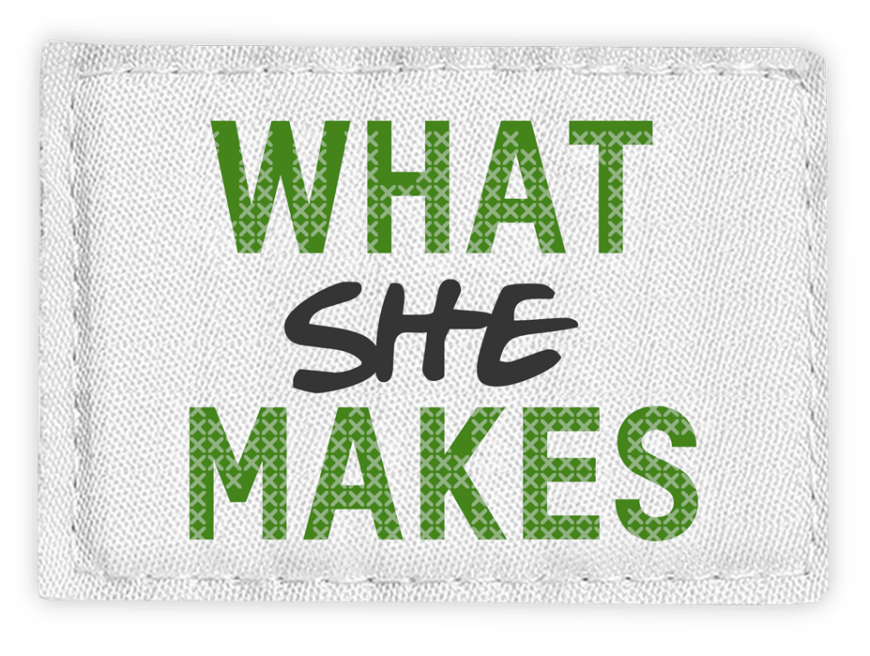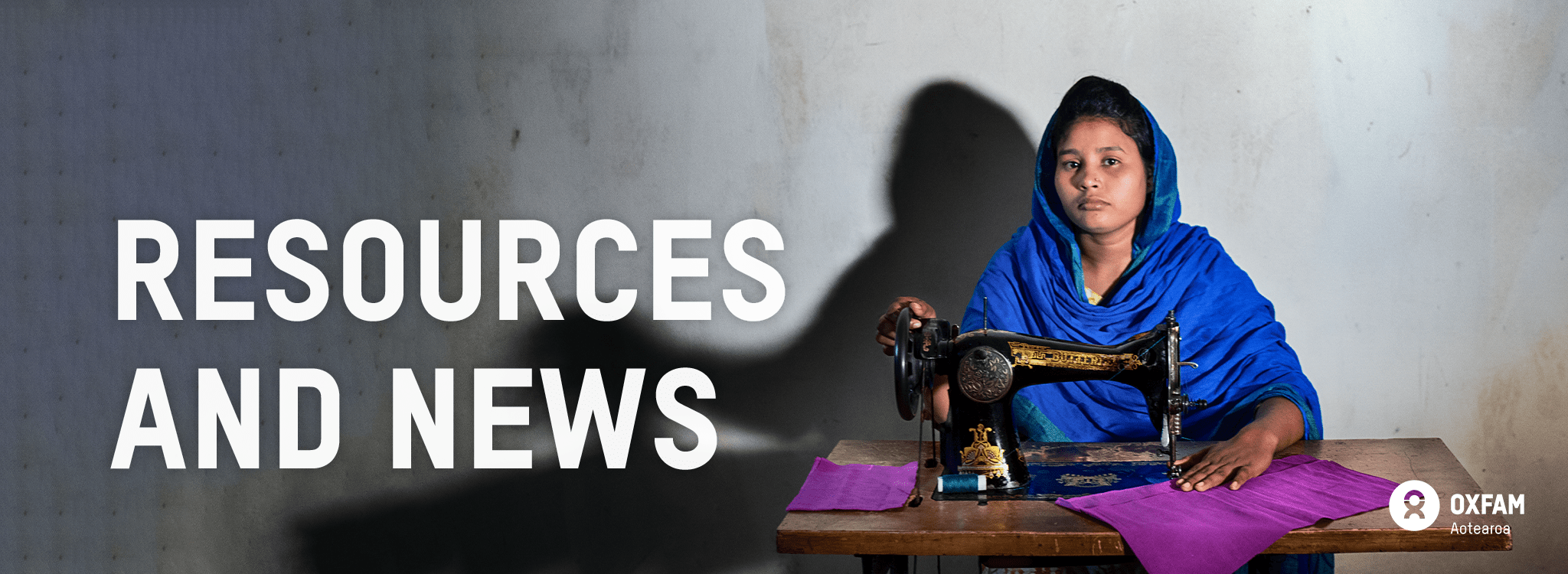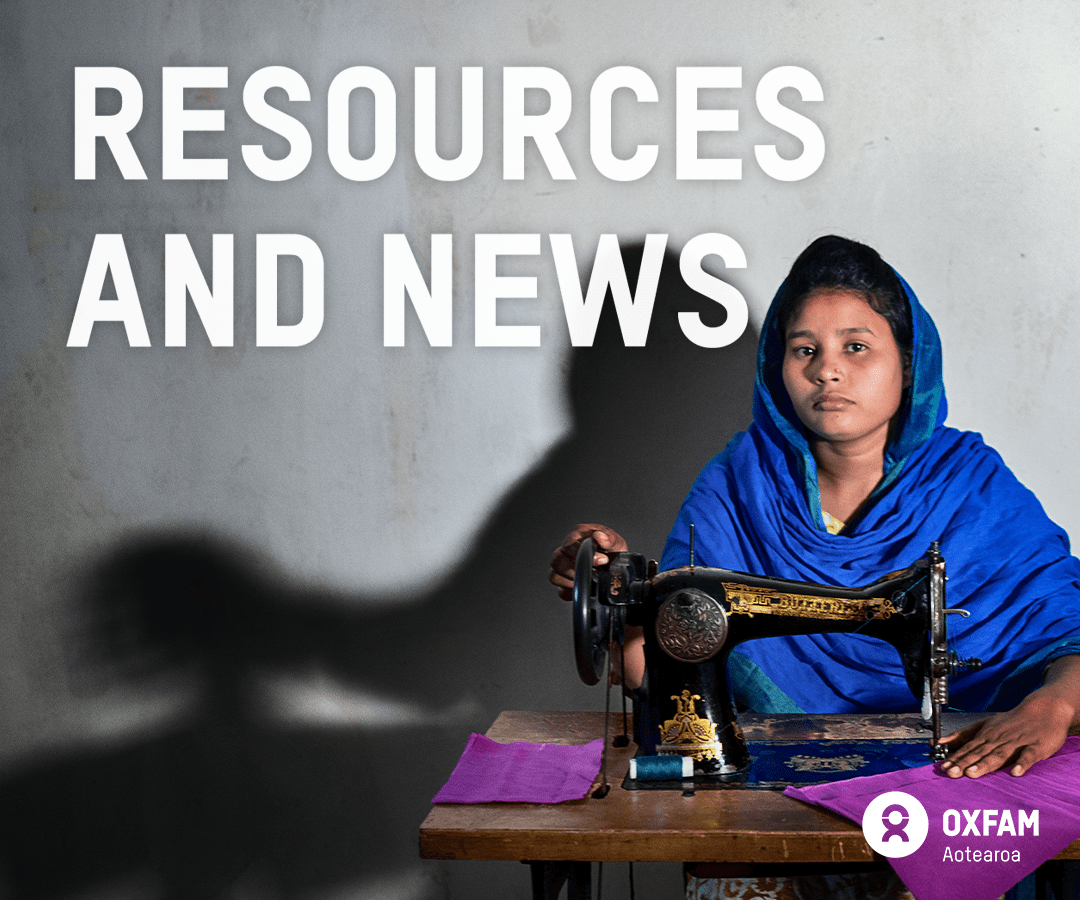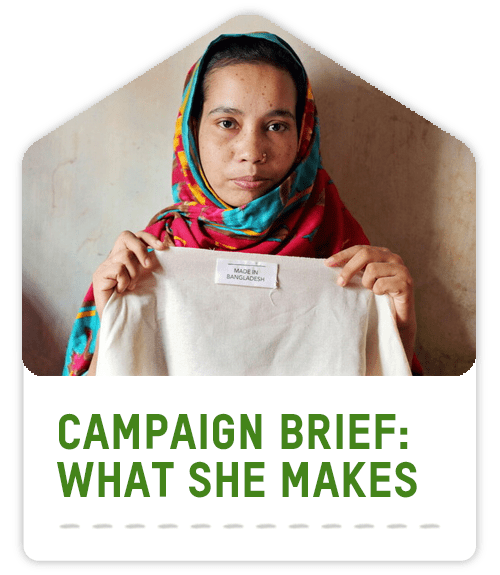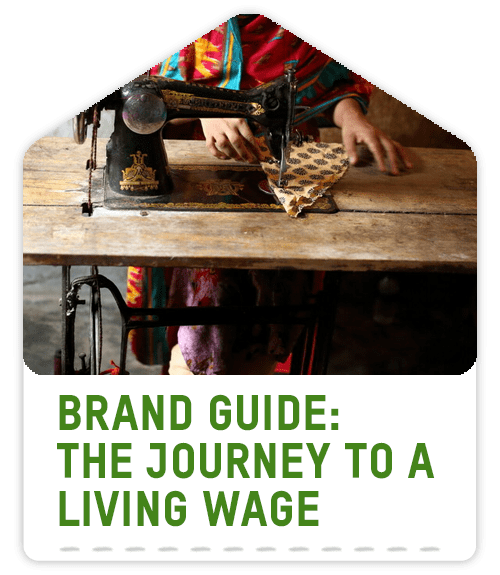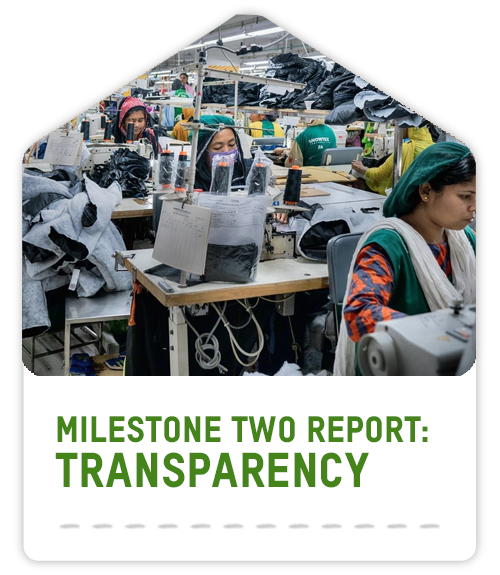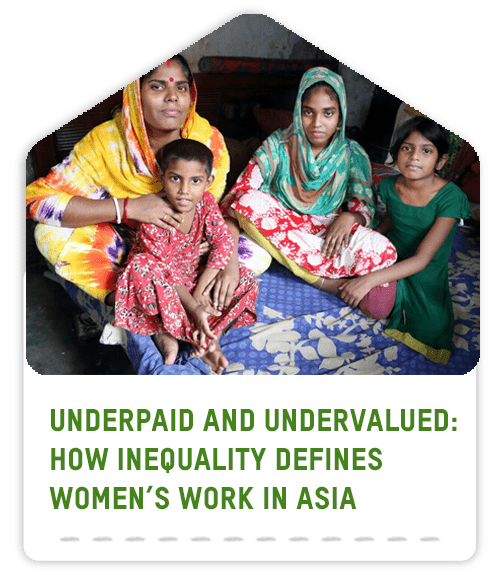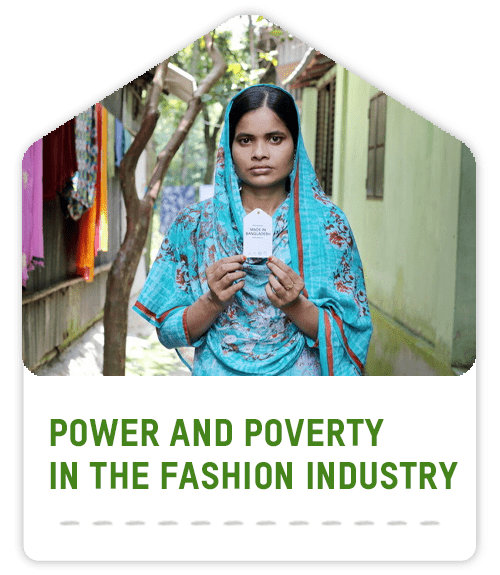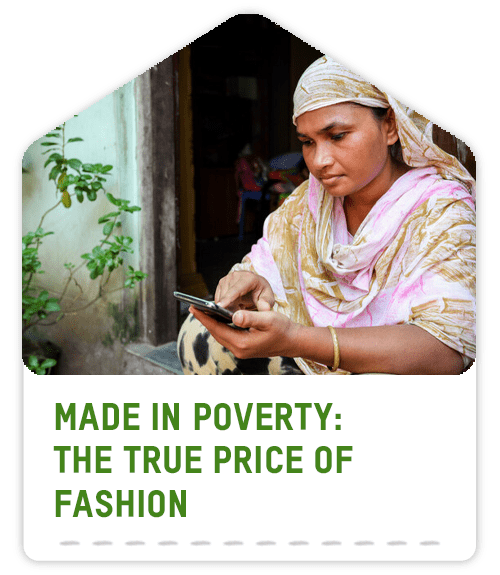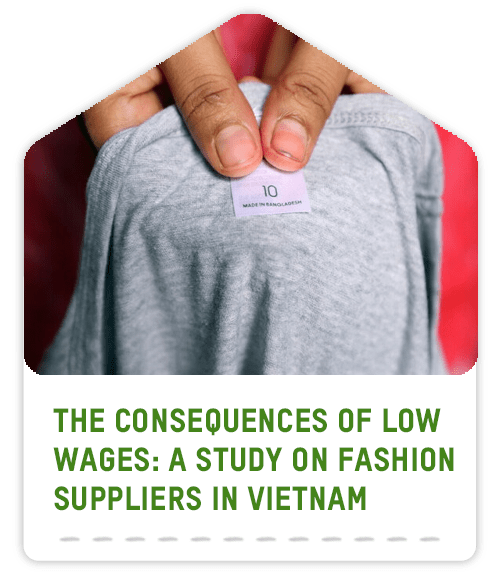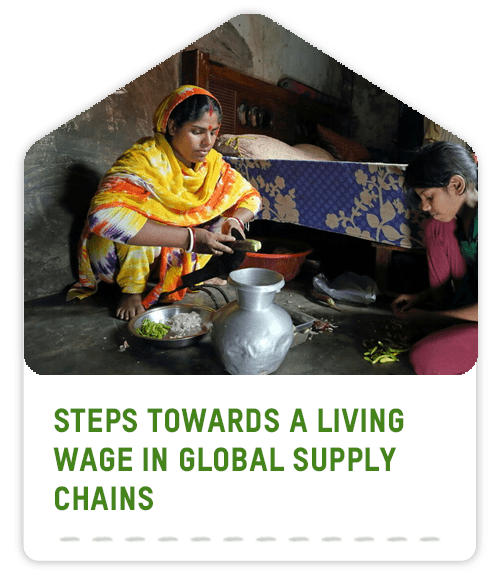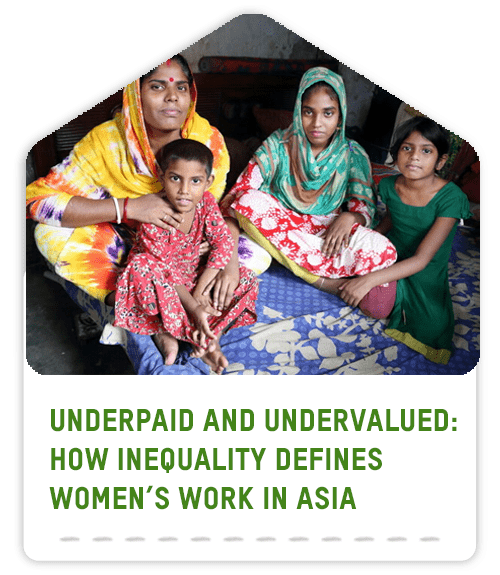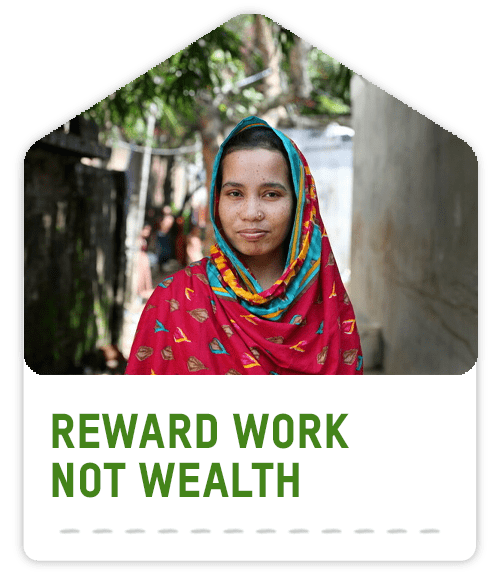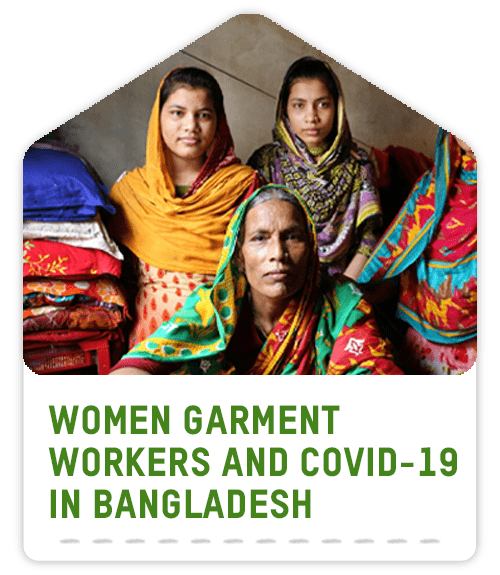The risk of waterborne disease outbreak is rising as the water and sanitation systems across 11 districts in Bangladesh have been submerged or disrupted by recent floods, said Oxfam today.
Oxfam’s recent needs assessment survey across Fulgazi, Feni Sadar, Senbag, and Kobirhat areas in Feni and Noakhali, the hardest-hit districts, showed that nearly all shelters were submerged and 48% were destroyed. All of the sanitation facilities in the areas studied have been entirely damaged.
Oxfam’s Country Director in Bangladesh Ashish Damle said:
“We are looking at a health ticking bomb. The water and sanitation infrastructure in those districts have almost entirely collapsed. Floods have washed away agricultural and industrial chemicals as well as people’s waste, which have severely contaminated the water, putting millions of people already struggling at a very high risk of waterborne disease outbreak.”
The Bangladesh floods which started last week and are the worst in recent history, have affected around 5.8 million people. With sanitation facilities, infrastructures, homes, and agricultural lands extensively damaged, communities need immediate and sustained support.
Enamul Hoque, Oxfam’s Water and Sanitation Specialist said: “When we visited households in both urban and rural areas of Feni, we saw entire families suffering from acute watery diarrhea and vomiting. We need a large-scale coordinated response to prevent and mitigate an imminent disease outbreak.”
According to the UN, water and sanitation facilities in 10 districts have been severely impacted. Most have been flooded, washed away or damaged, posing major risks to the water quality and health, adding burden onto already struggling health facilities. Nearly 300,000 latrines have also been damaged, according to the Department of Public Health Engineering (DPHE).
Hosne Ara Begum, a 38-year-old Feni district resident, recounted her harrowing experience: “We spent days on the roof, with no food or clean water. The toilets were underwater, and we had no privacy. We had to use a saree (cloth) to cover and defecate on the roof. We’ve been sick, but there’s no other option. This flood has taken everything from us.”
People urgently need clean drinking water, cash, food, and hygiene kits. In the mid-term, they will also need support to repair their homes, restore water and sanitation infrastructure, and provide agricultural inputs to restart food production. In the long term, sustainable solutions such as building resilient water and sanitation facilities, shelters, and promoting income-generating activities are essential to ensure these vulnerable communities’ recovery and future resilience.
Oxfam in Bangladesh has been on the ground since the floods, providing immediate emergency support, including clean water, dry food, water purifications, and mobile charging stations.
Oxfam is providing the most affected communities with shelter, sanitation facilities, cash, hygiene kits, and food. Together with its partners, Oxfam is also planning long-term rehabilitation of critical water and sanitation networks, as well as supporting people to rebuild their lives.
However, the scale of the disaster demands more substantial resources to address immediate and long-term needs.
Note to the editors:
- According to the UN, Bangladesh Water, 520 unions of 77 Upazilas of 10 districts have been severely impacted. Source: UN Situation Report, 30 August 2024
- According to the Department of Public Health Engineering (DPHE) report, as of 31 August 2024, 295,689 latrines have been damaged.
Contact information:
Rachel Schaevitz, Rachel.schaevitz@oxfam.org.nz



